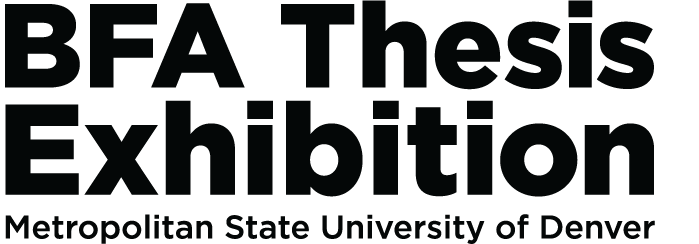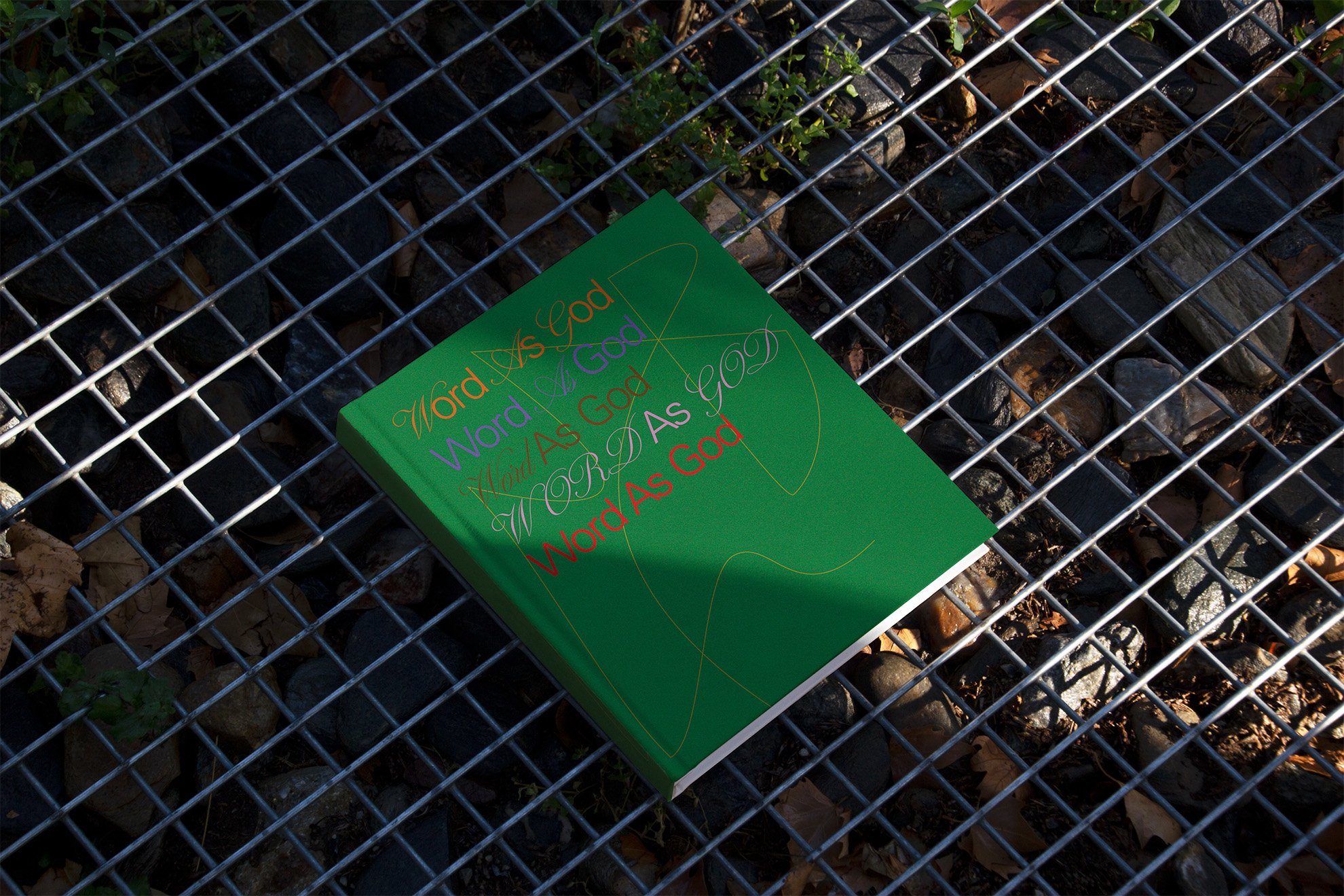
Nathan De Monnin
(he/him/his)
Word as God
The Parable of the Young Guard
There once was a young man who guarded the gates of the city. Every day the man stood watch diligently, protecting the safe, quiet courtyard within. One day the king issued a decree. He announced that he would demolish the cities walls! “The walls are only protecting my empty courtyard!” he declared.
After the decree, in anticipation of the forthcoming demolition, the king threw a party. He invited his people from all over the kingdom to come and share in the celebration. When the young guard heard the news he was distraught.
He came before the king and said “Your majesty, every day I guard this city with my life, everyday I protect the peace and quiet that you yourself have worked so hard to achieve. How can you say you’ll tear down these walls and let people from across the kingdom fill this place? Surely it will be a disaster!”
The king was quiet, measuring the young man’s fear. Finally, taking in a deep breath, the king said to the young guard, “What’s the purpose of keeping my people outside the city walls? Why should I protect an empty courtyard. The courtyard should be full of my people!”
“But what will I do now?” the guard replied, “I have only ever guarded this city my Lord.”
The king leaned down, looked the young guard in the eyes and said, “Go. Don’t be afraid. Enjoy the party. See that there is much to eat and drink and enjoy… More than you could ever ask, think or imagine.”
I spent 25 years guarding a rigid belief system. I ignored a world full of possibilities and even denied myself aspects of my own identity. Dismantling my belief systems has been scary and left me vulnerable. But I have also discovered freedom and authenticity—my myriad consumption of language, my journey of personal education, being the catalyst for it all.
Language is a powerful tool for disassembling and recreating belief systems. Language is also visual—words, the way they’re written, symbols, punctuation, spacing, translation, their designed composition and their relationships with each other all affect meaning.† The Bible has been framed many ways throughout history. It is a book with infinite meaning and interpretations. The Bible frames its own words, the very type on the page, as God himself in John 1:1.
If ancient text can seek to establish that level of authority through itself, surely, we also have the power to use these communication elements to both dismantle our perception of the divine and reconstruct internal belief structures—through reinterpretation, critique, alternative discovery, and visual substance. ††
This project, Word as God, is significant to me personally; something I have experienced over time, but beyond myself, it is valuable as an analytical tool. Through personal experience, linguistic deconstruction of Biblical texts, and exploration of Biblical iconography through history I visualize my findings in a series of posters. An accompanying book acts partly as a cipher, while cardinally encouraging personal interpretation and exploration. The purpose of Word as God is to ask—to taste and see a different, riskier sort of goodness—with the pursuit of rich authenticity and celebration of inquiry at the heart.
† Ellen Lupton and J. Abbott Miller “Visible Language, New Perspectives: Critical Histories of Graphic Design.” Journal of Design History 9, no. 3 (1996): 354.
†† Richard Hollis, Robert Massin, and A.M. Cassandre. “Language Unleashed.” Eye 16, no. 4, March 1995.
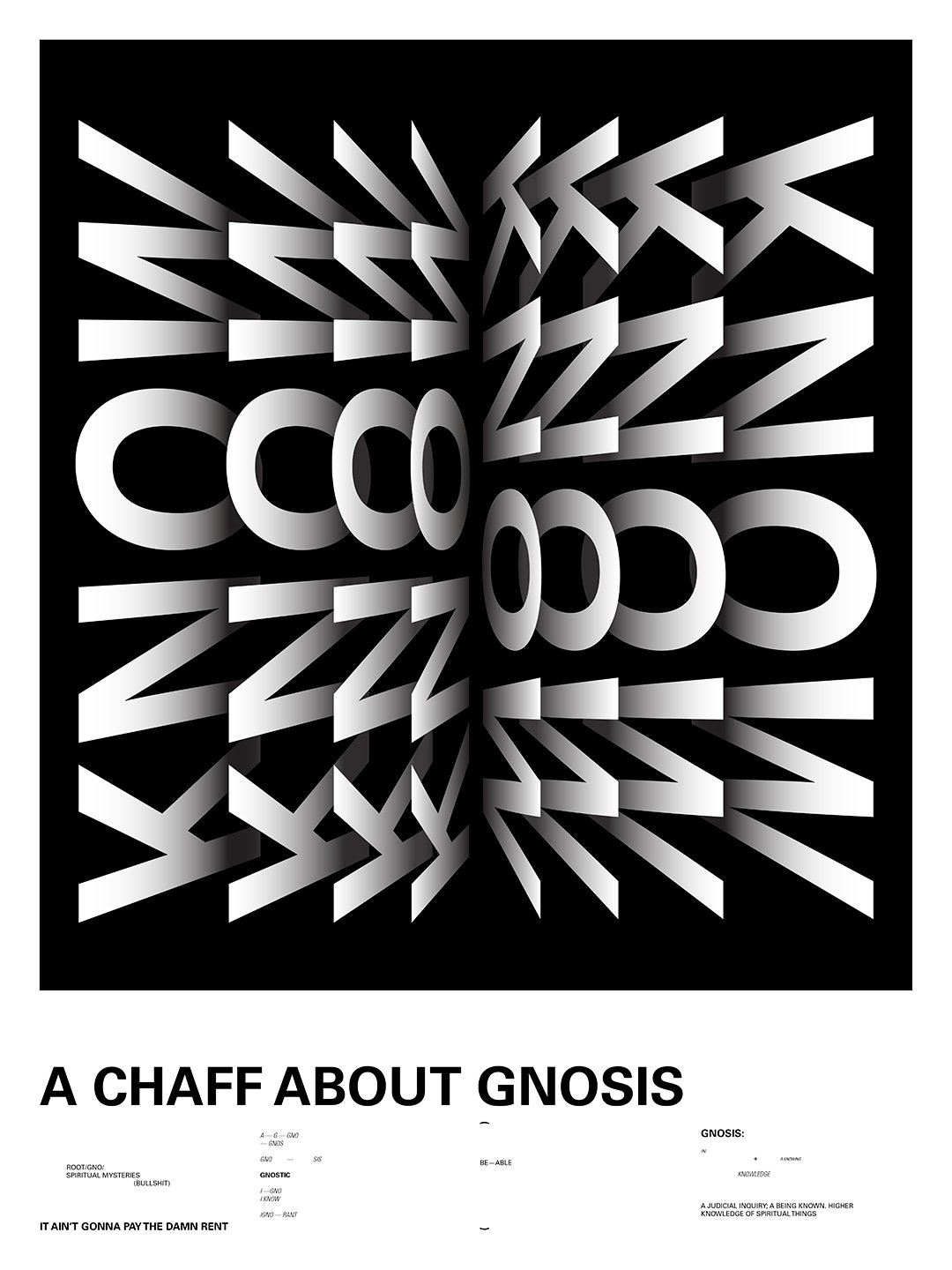
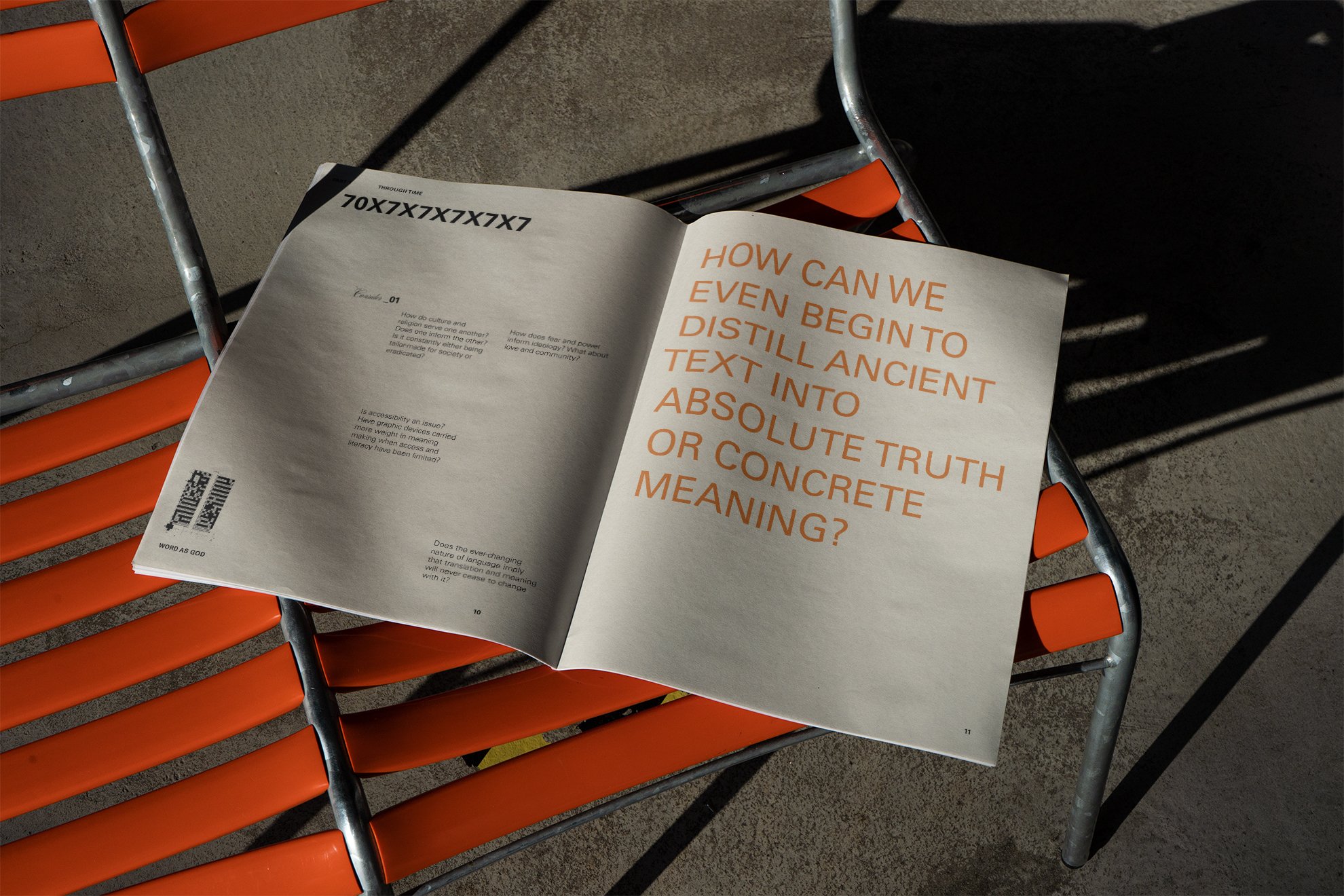


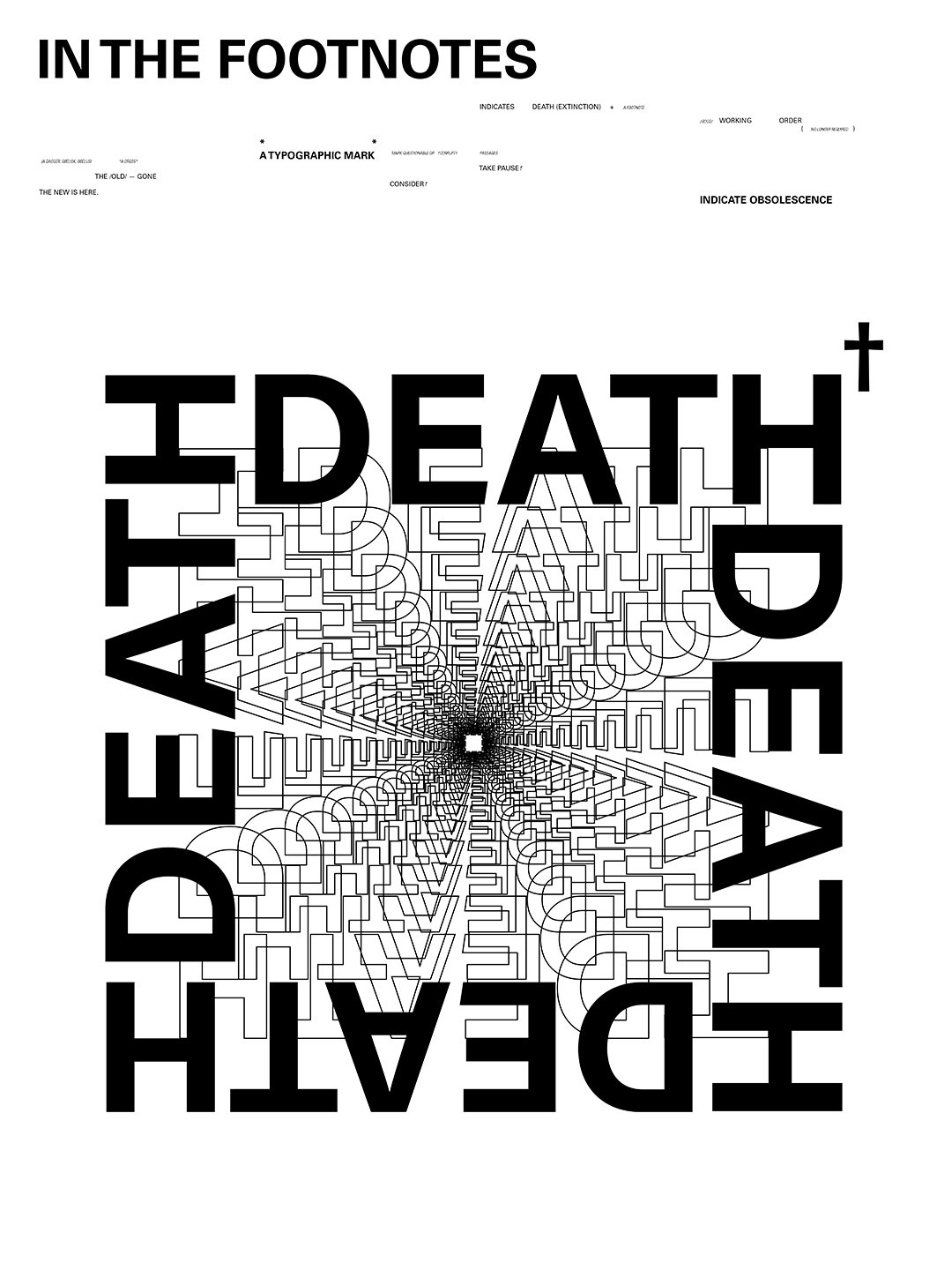
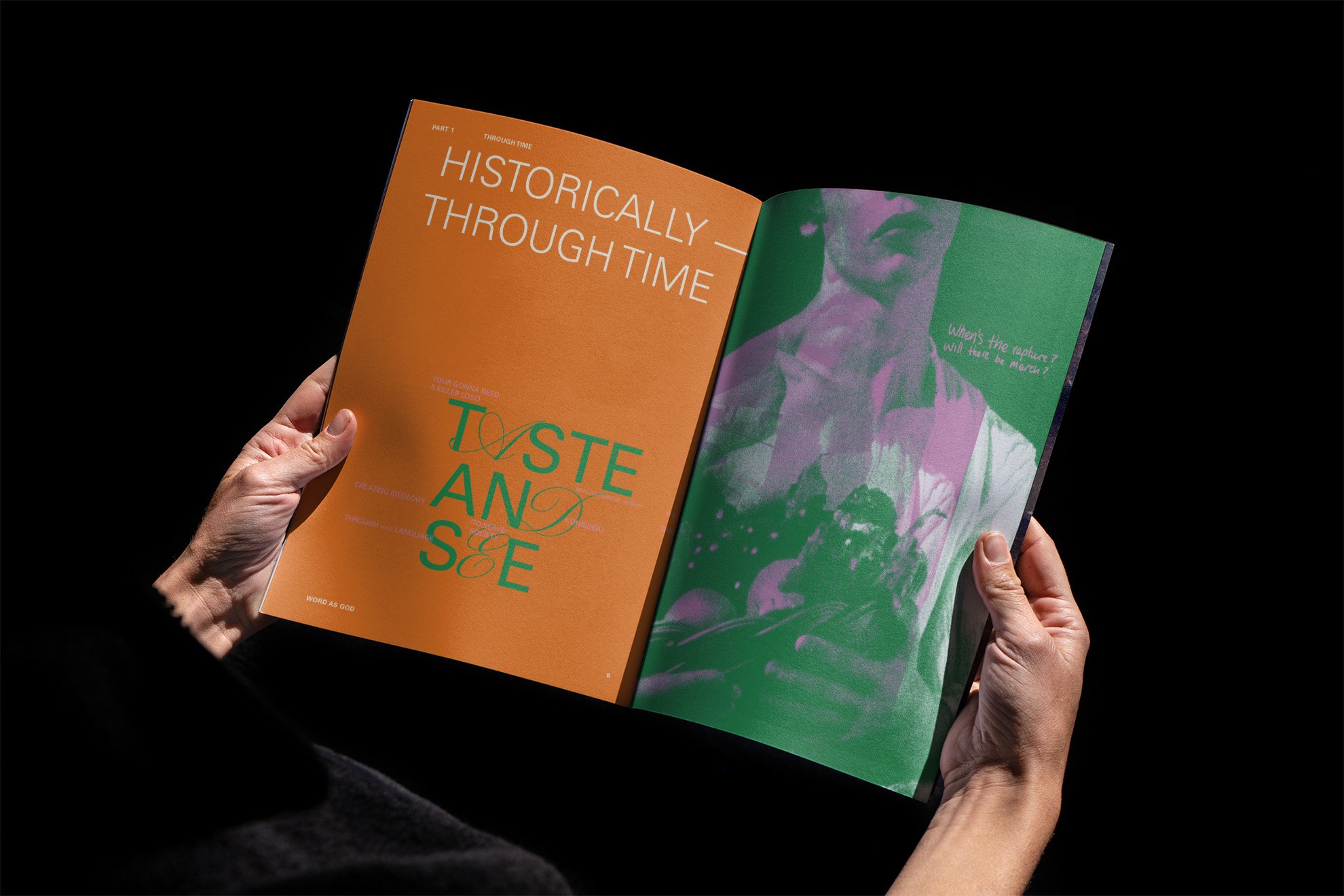
Contact me.
nathan@demonnin.co
